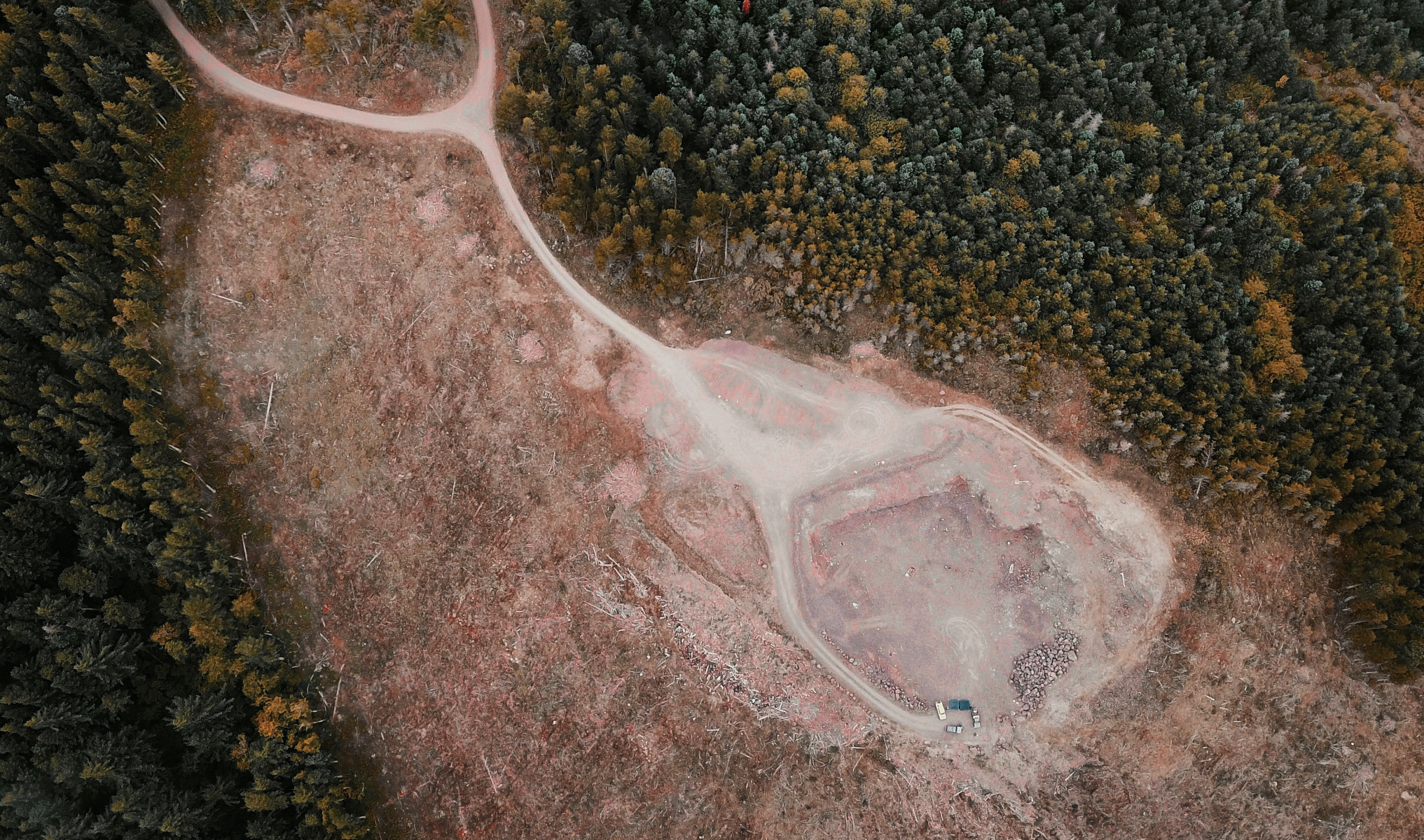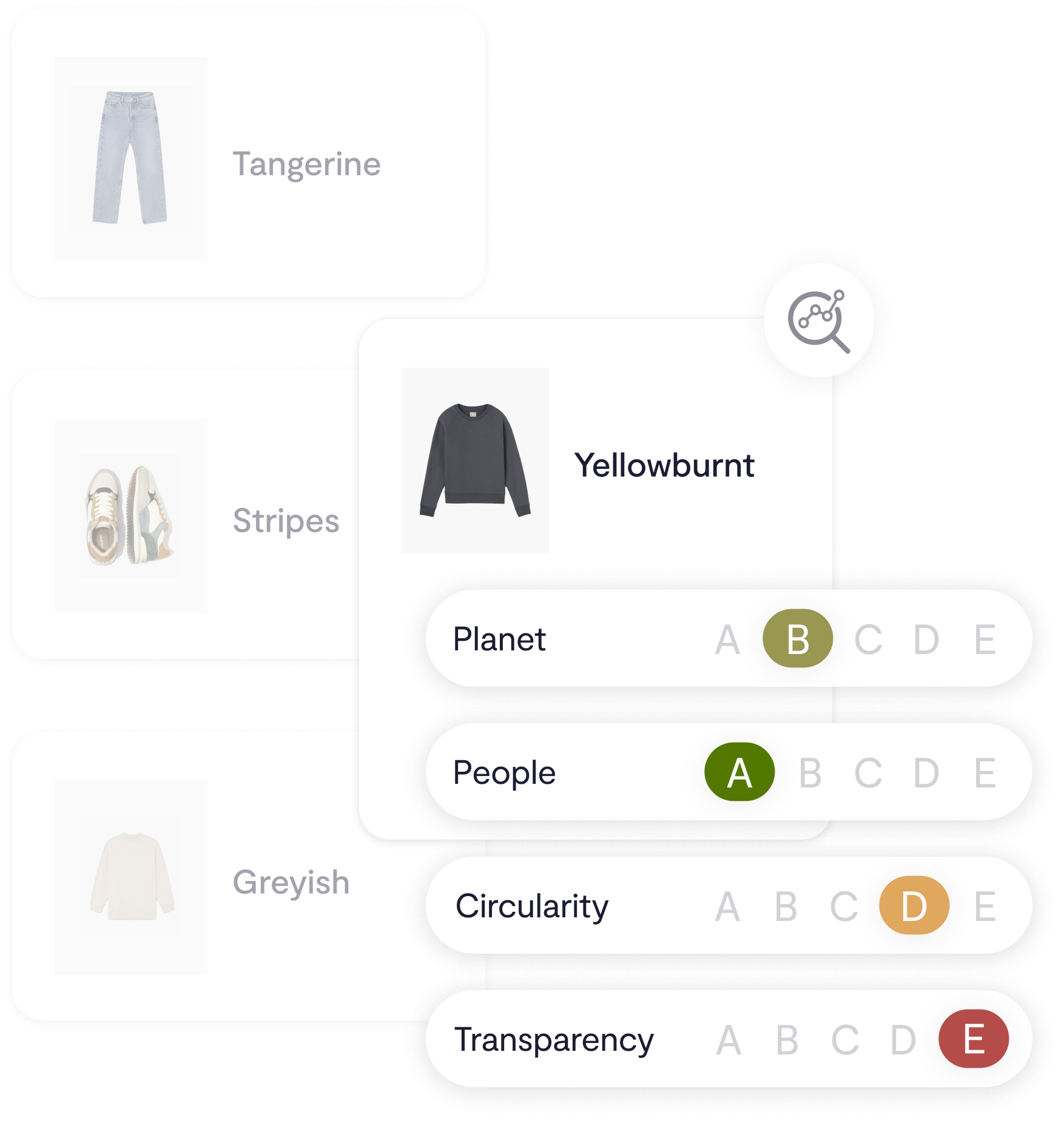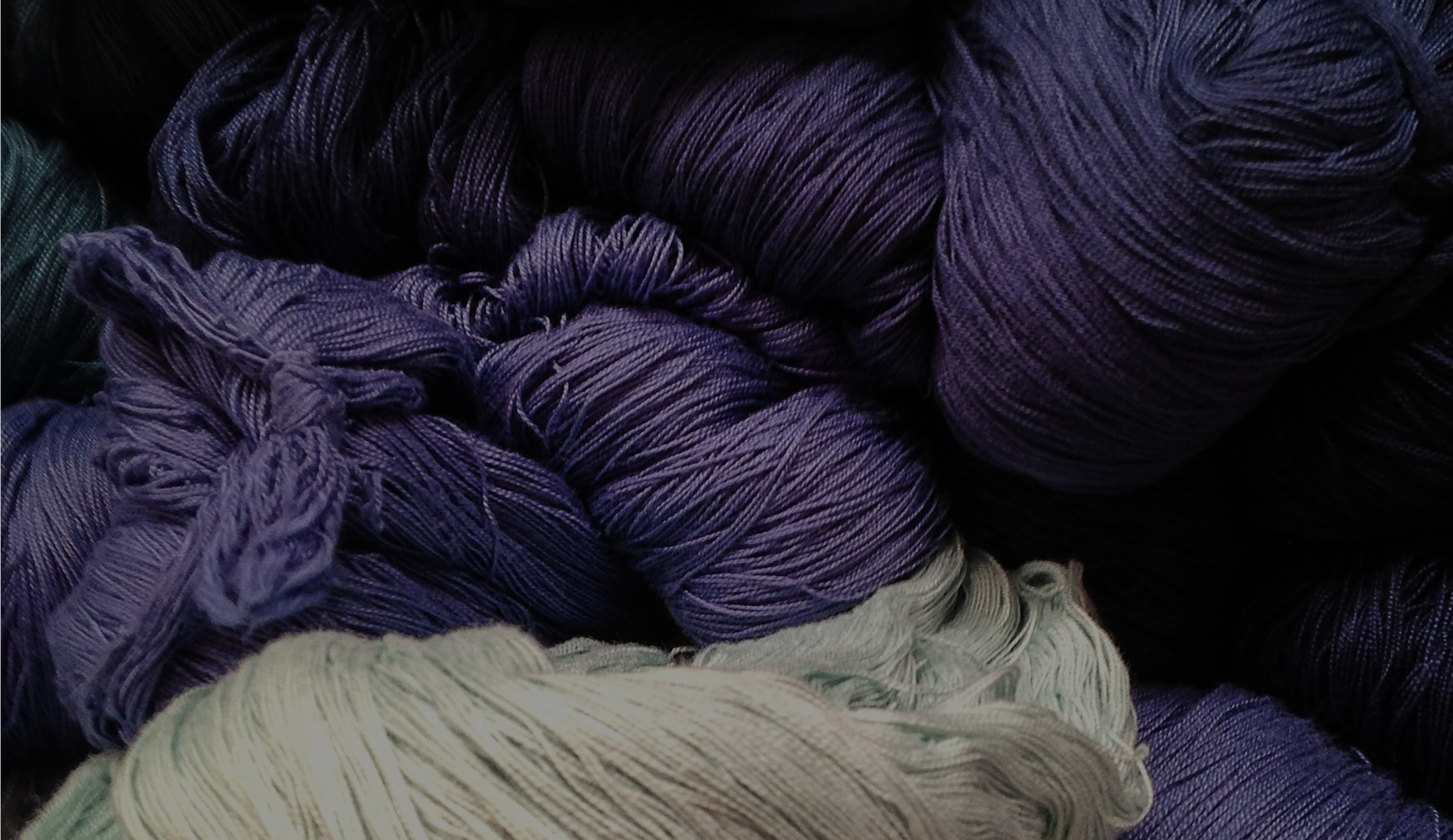Having reached the middle of the year, we analyze the main sustainability challenges that the fashion industry will have to face in the coming months. The global context continues to put pressure on the textile sector. Do you think your business will be able to survive the new context without making any changes? We tell you what are the challenges that you should pay attention to to stand out in the market.
Sustainability is essential, and only those companies willing to prioritize it will be prepared to adapt to the new scenario
The new edition of our Sustainability Trends Guide for fashion businesses is already available! The final months of 2023 will witness a growing emphasis on the need for the fashion industry to abandon its outdated system and turn towards sustainability. We are entering a time of change, where transformation will be a constant. Sustainability is essential, and only those companies willing to prioritize it will be prepared to adapt to the new scenario.
Here are some of the main challenges that will shape the fashion industry in the coming months:
The impact of AI in the fashion industry
In the next three to five years, AI is expected to have a significant impact on the fashion industry, potentially adding up to $275 billion to its profits, according to an analysis by McKinsey.
This revolutionary technology not only encourages creativity, but also has transformative effects on the management of the textile supply chain. Furthermore, it introduces a whole new level of customization possibilities, promising a remarkable change in the way the fashion industry operates.
The rise of the second-hand market
Over the past 30 years, reselling platforms have become increasingly popular, offering both economic and environmental benefits. The second-hand market is expected to double to $350 billion in the next four years. When it comes to consumption, Generation Z is the primary audience that considers resale value before buying clothes and looks for second-hand options before purchasing new ones.
Soon, on the BCome platform, the Circular Economy Indicators (CEI) will be released, the essential metrics to display with complete transparency the circular performance of your products compared to the industry standard.
Global supply chains under pressure
The effects of the pandemic, the ongoing war in Ukraine and high inflation continue to affect global supply chains in the fashion industry. A recent study has revealed that nearly a third of global planners are caught off guard by another major supply chain disruption. To strengthen resilience, experts suggest investing in multi-shoring strategies and adopting new technologies.
Having a PLM tool, such as the one offered by BCome, allows you to have complete visibility of your entire value chain, which not only helps to make more informed decisions, but also allows cost optimization throughout the supply chain.
The EU forces honesty in fashion communication
In March 2022, the EU approved the proposal to Empower Consumers for the Green Transition. In 2023, the big news was the approval of the new Green Claims Directive. This regulation will require fashion companies to justify the environmental claims they make about their products and services. The main objective is to guarantee honesty in labeling and communication throughout the EU, minimizing the risk of greenwashing.
From BCome we want to make it easy for you to comply with this directive. In addition to offering a technology solution, our communication experts provide you with monitoring of your messages to confirm that your claims are accurate and comply with legislative requirements.
Challenges in meeting industry impact targets
Currently, the fashion industry isn’t on track to achieve net emissions by 2050. Recent data from the Textile Exchange shows that the textile sector isn’t meeting the climate targets set by the Paris Agreement. The adoption of science-based targets (SBTs) is crucial for the industry in order to reduce emissions globally and avoid costly consequences in the near future.
At BCome we are committed to helping companies adopt quantifiable targets that allow them to contribute to minimizing their footprint. To do this, we provide them with the tools and knowledge to assess and manage their impact. Our solutions enable the fashion industry to map, measure and evaluate key environmental indicators, identifying areas for improvement on which to focus efforts.
Having the right tools to face the coming months will be essential to face challenges and turn them into opportunities for growth. At BCome, we’re committed to providing the solutions and support necessary for fashion companies to face these challenges and stand out in the market, generating a positive impact on the industry and the environment. Together, we can work towards a more sustainable and responsible fashion. Let’s discuss your needs!









